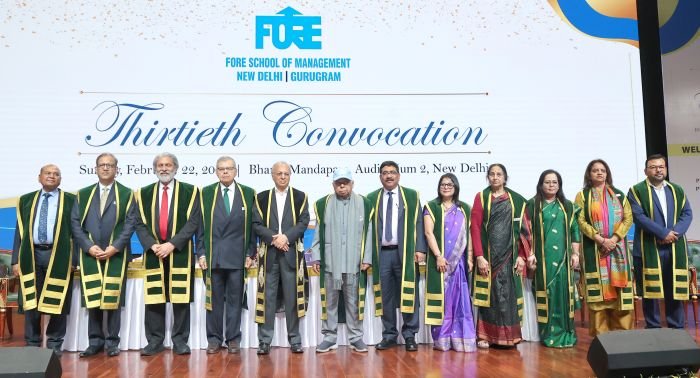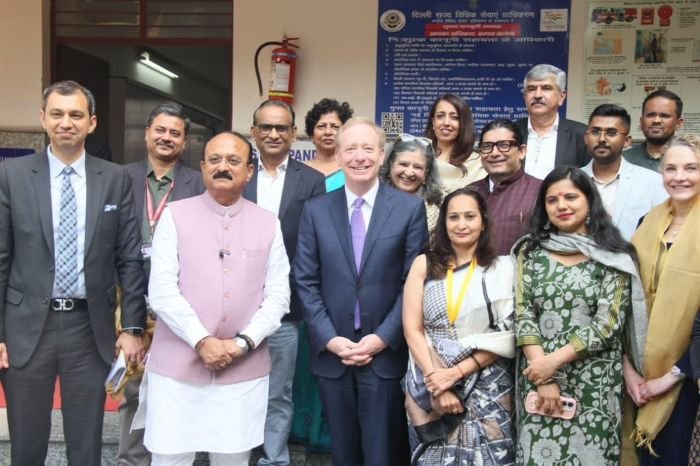
QS I-GAUGE, a rating system for HEIs, has released its report named “From vision to reality: Tracking NEP 2020 implementation in Indian higher education” with a series of findings on the progress of implementation of NEP 2020 in higher education institutions in India. The report focuses on five pivotal themes that encapsulated the essence of NEP 2020 covering learner-centric education, digital learning, industry-institute collaboration, academic research & internationalisation and Indian knowledge systems.
The key objective of the report is to assess the extent to which the Indian higher education system has adopted and operationalized the key directives of NEP 2020. The report collated data from 21 states and 3 Union territories across 165 higher educational institutions. It not only highlights the progress made by institutions so far but also identifies critical gaps and emerging opportunities that must be addressed to realise the transformative vision of the policy.
Key Findings From the report
- Indian higher education institutions face significant challenges in joining large knowledge clusters for resource sharing, primarily due to infrastructural limitations, financial constraints, and institutional cultural differences.
- While curricular flexibility has been successfully integrated in many institutions, the implementation of multiple entry and exit options as envisioned under NEP 2020 remains limited.
- The establishment of student support and service centers is well-implemented, but institutional partnerships for mental health and well-being with national institutions of importance such as National institute of mental health and neuro sciences, Ranchi institute of neuro-psychiatry & allied sciences, and All India institute of medical sciences is currently inadequate.
- There is a high degree of institutional alignment with the national higher education qualifications framework, and most institutions report near-complete alignment between programme learning outcomes and course learning outcomes.
- Although there is a strong intent to involve industry experts and professors of practice in curriculum development, actual appointments of PoPs remain significantly low.
- Key barriers to achieving institutional autonomy include financial dependence, bureaucratic processes, internal resistance to change, and limited institutional capacity.
- International research collaboration and the signing of memoranda of understanding with global institutions remain underdeveloped across many Higher Education Institutions.
- There is a growing intention to adopt the principles of the Indian Knowledge System, though the progress has been gradual. With the right vision, strategic investment, and focused effort, meaningful integration of IKS into mainstream education can be accelerated.
The NEP 2020 progress report by QS I-GAUGE offers a survey-based analysis to track progress, identify gaps and accelerate the implementation of educational reforms. Beyond presenting data and insights, the objective of the report is to inspire meaningful action. “True transformation in Indian education begins with reform, but it must be matched by readiness,” said Mr. Ravin Nair, Managing Director, QS I-GAUGE. “At QS I-GAUGE, we encourage institutions to introspect at every level and that’s exactly what we aim to inspire through the NEP 2020 Progress Report. This report is a call to pause, reflect, and resume with renewed focus to accelerate meaningful action. We are proud to empower institutions to become more quality-driven, data-informed, and globally benchmarked. By fostering a culture of continuous improvement, we help catalyse lasting change. The future of education in India isn’t just promising, it’s already in progress,” he added.







